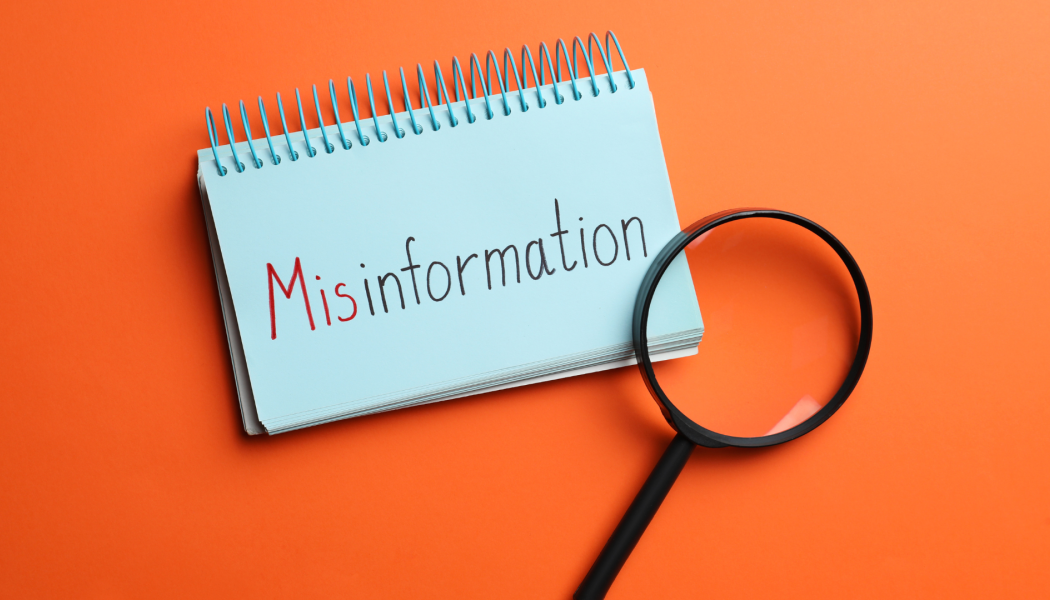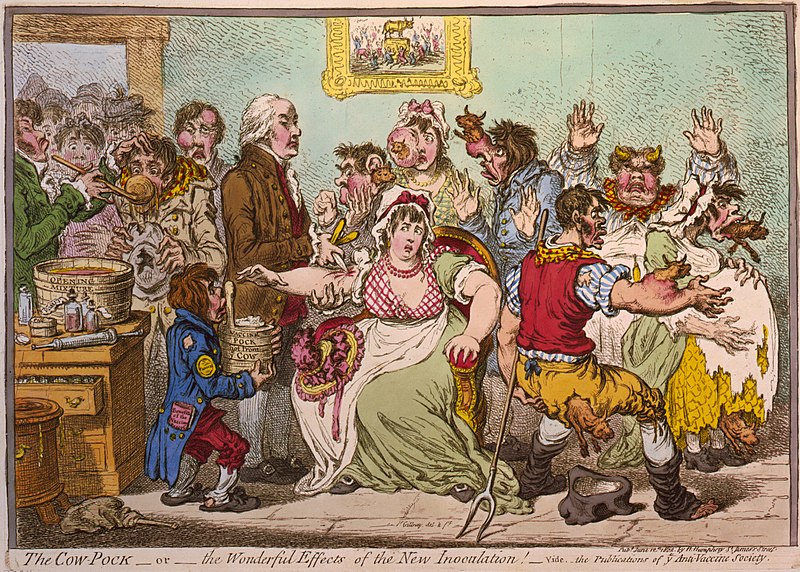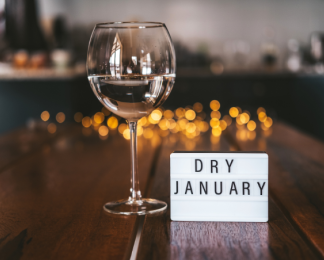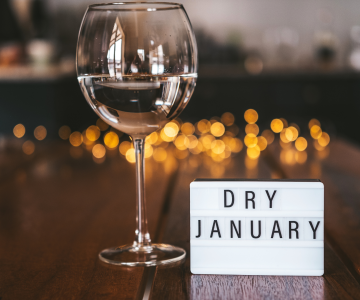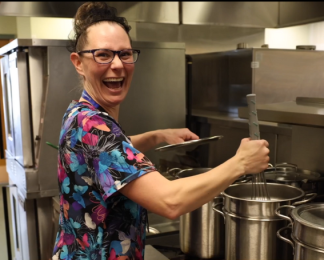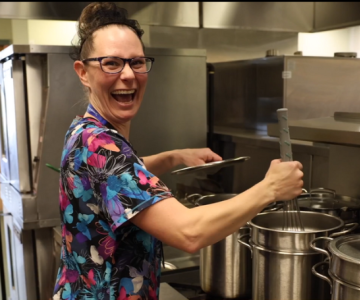From herbs that "cure" Alzheimer’s, to ”cancer causing” sunscreens, to microchips in vaccines, health information can range from the absurd to the downright dangerous.
Whether you call it pseudoscience, junk science or just bad fact checking, health misinformation abounds. Most is designed to either make you click a headline, or part you with your money.
We sat down with Rebecca Johns, a librarian with Interior Health Library Services,* who teaches how to understand, spot and address health misinformation.

